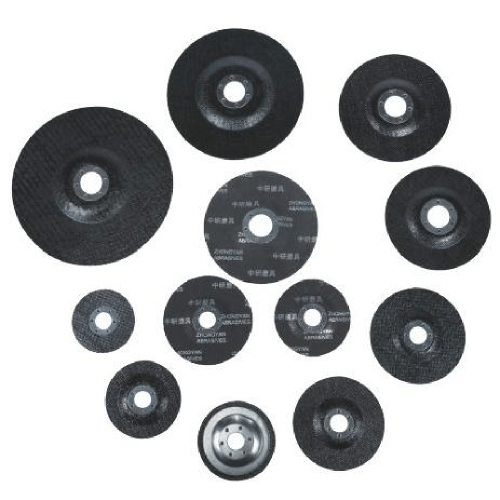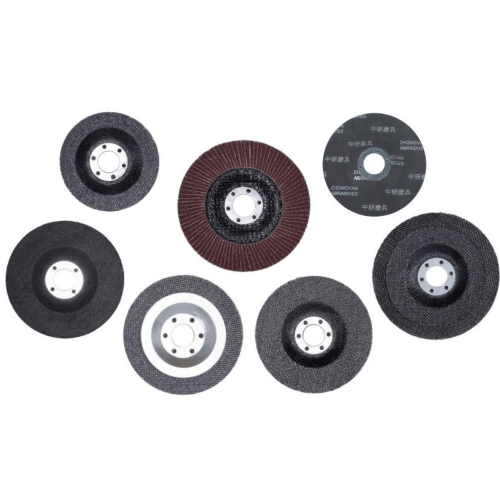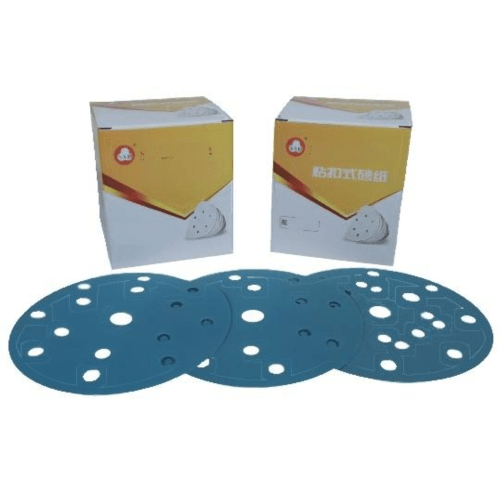wheel aging resistance
Wheel aging resistance represents a critical quality control measure in the automotive and tire manufacturing industries, designed to evaluate and ensure the long-term durability and performance of wheels under various environmental conditions. This comprehensive testing process simulates accelerated aging conditions to assess how wheels maintain their structural integrity, mechanical properties, and aesthetic qualities over time. The technology employs specialized chambers that expose wheels to controlled cycles of temperature variations, UV radiation, humidity levels, and oxidative stress, replicating years of natural aging within a compressed timeframe. The process typically involves subjecting wheels to temperatures ranging from -40°C to +80°C, varying humidity levels between 20% and 95%, and controlled exposure to UV radiation and ozone. These controlled conditions help manufacturers identify potential weaknesses in wheel design, material composition, and manufacturing processes before products reach the market. The testing protocols align with international standards such as ASTM D573 and ISO 188, ensuring consistent quality assessment across the industry. Modern wheel aging resistance testing incorporates advanced monitoring systems that provide real-time data on material degradation, surface changes, and structural modifications, enabling manufacturers to make informed decisions about product development and quality control measures.


